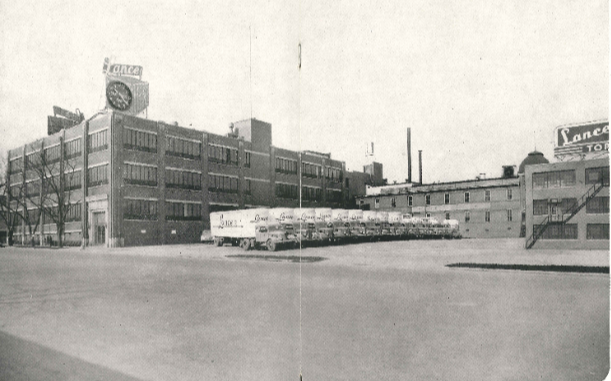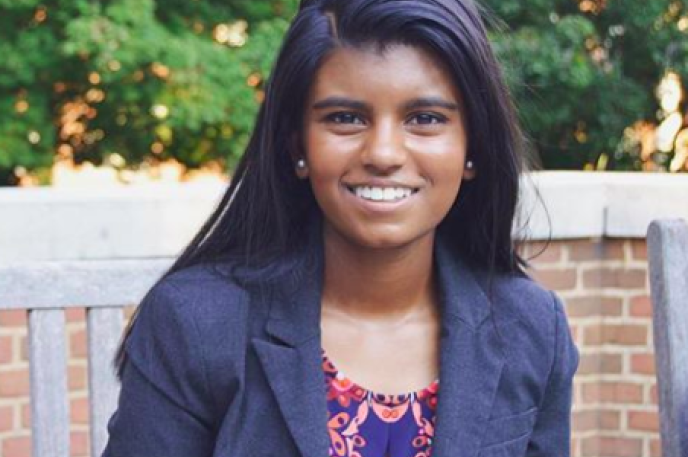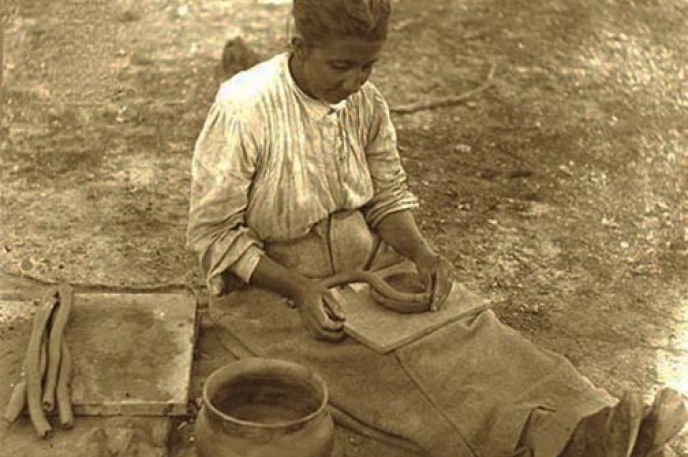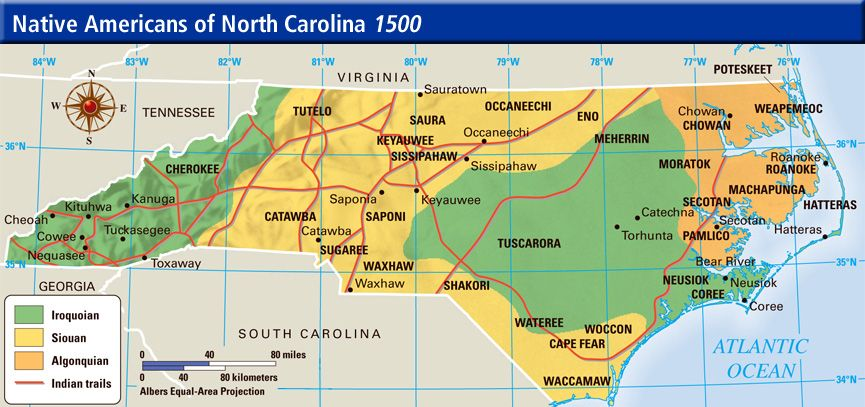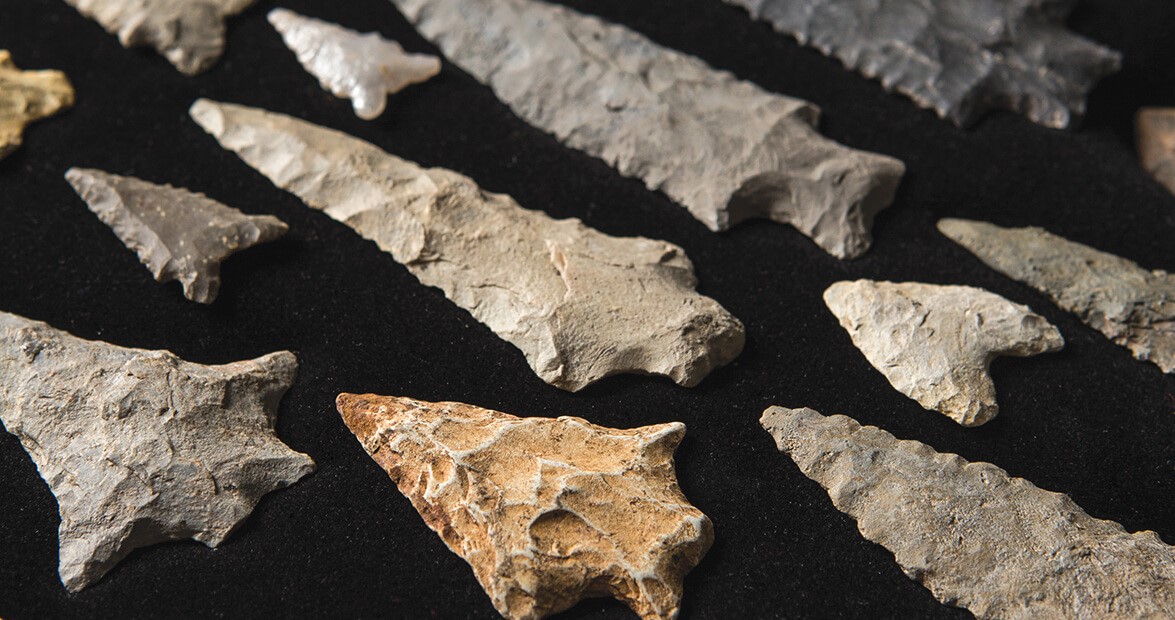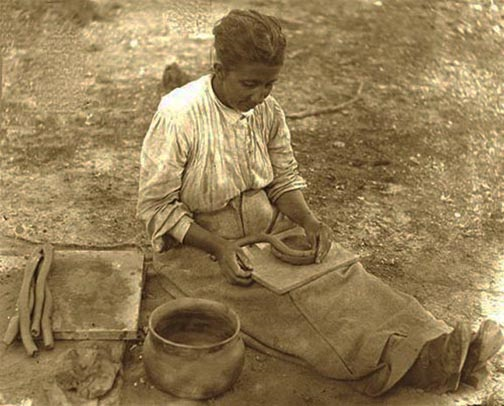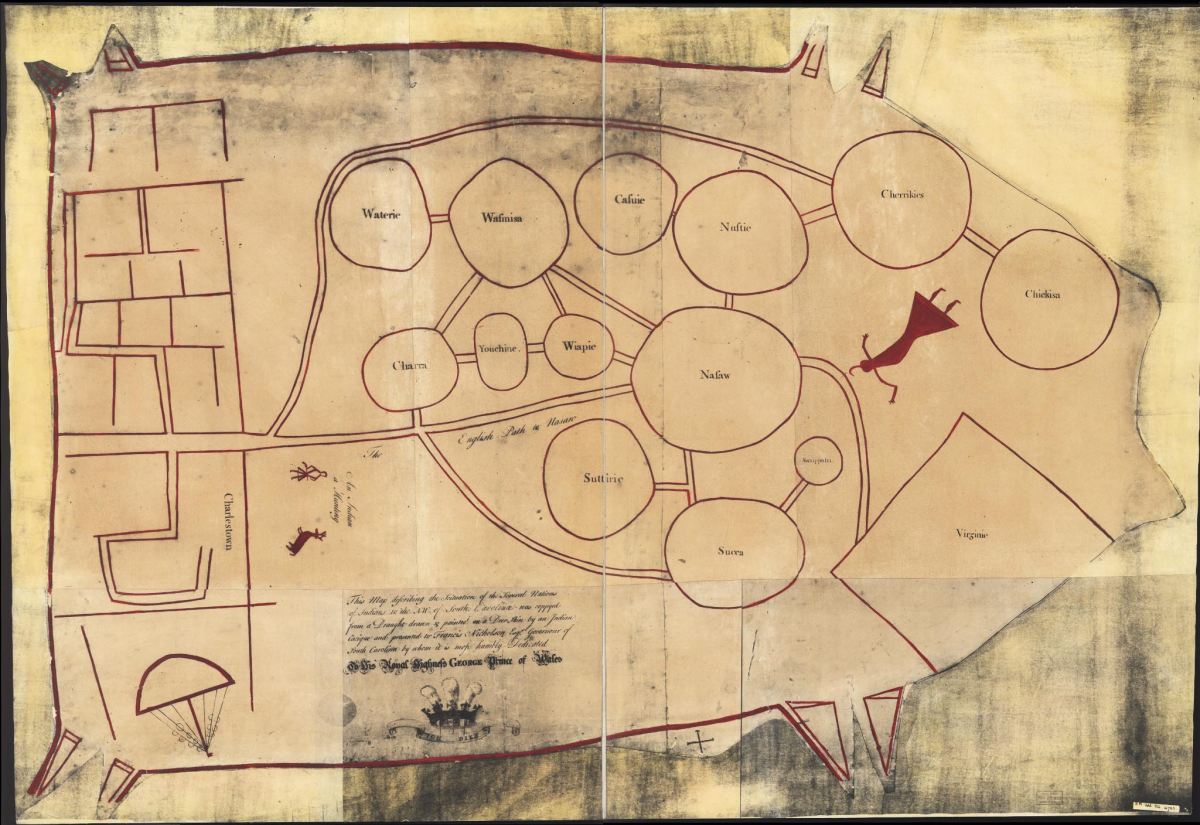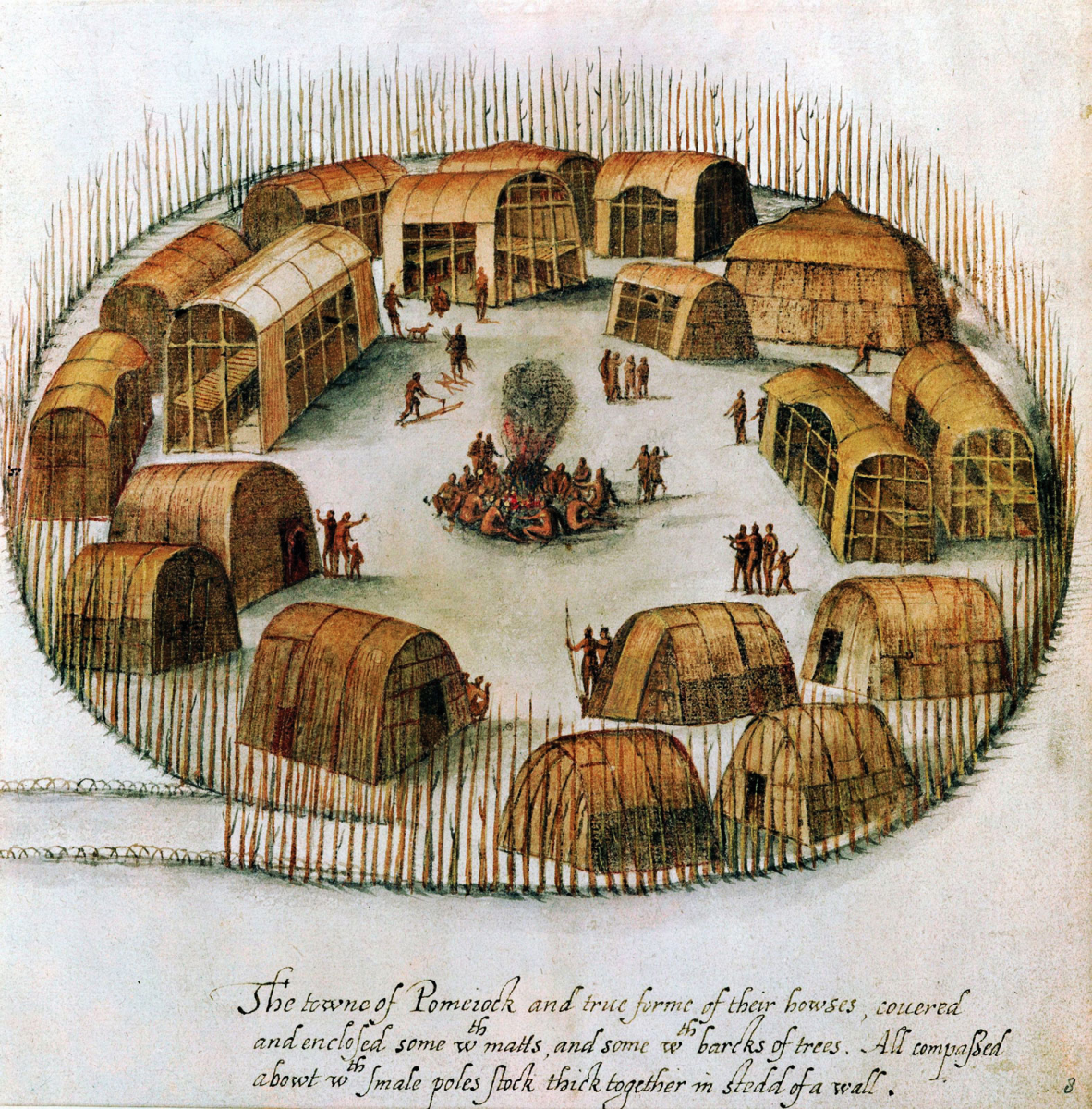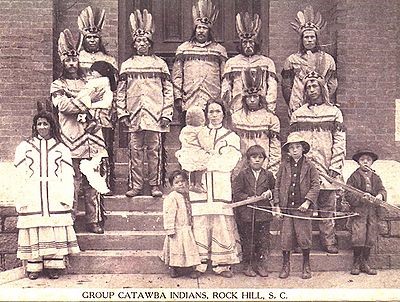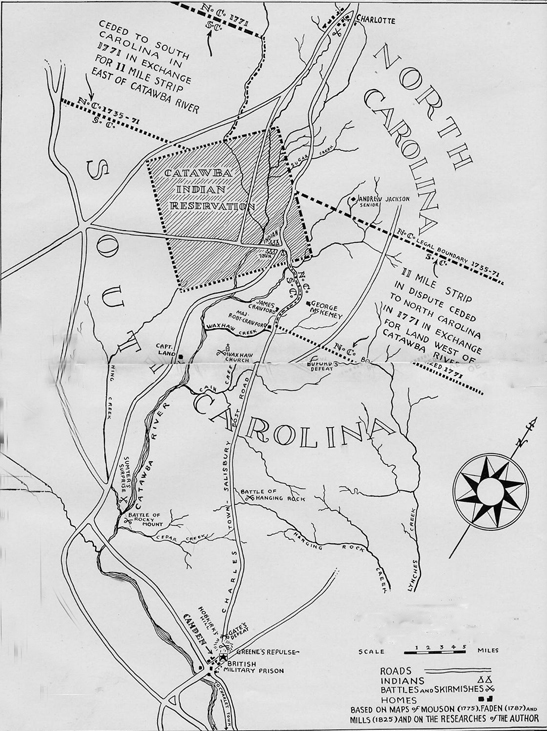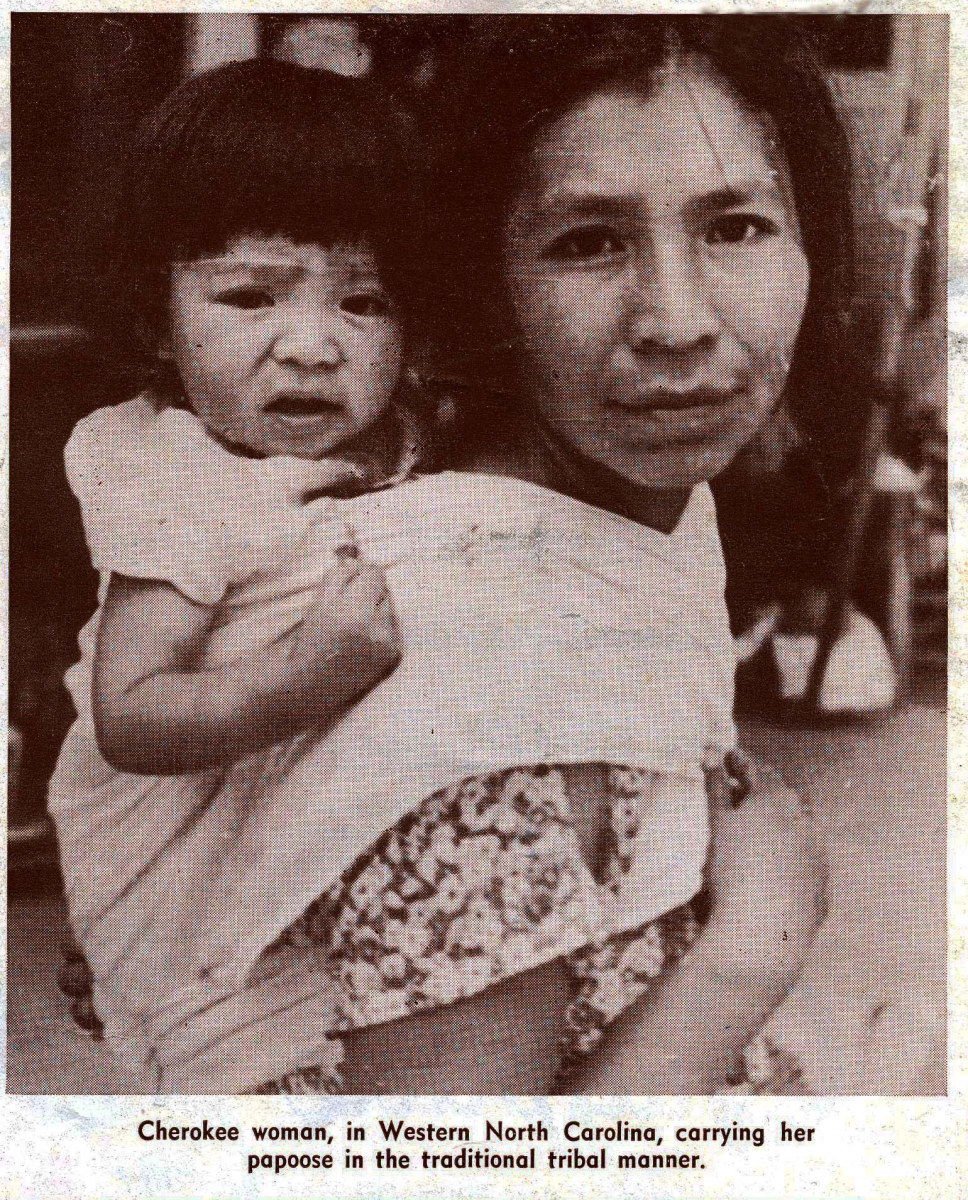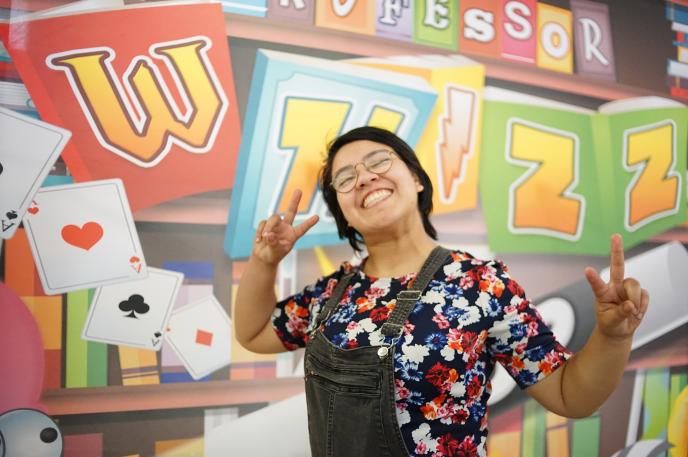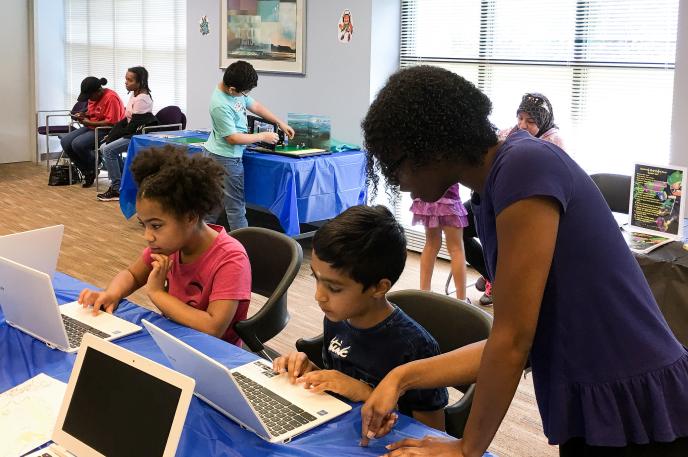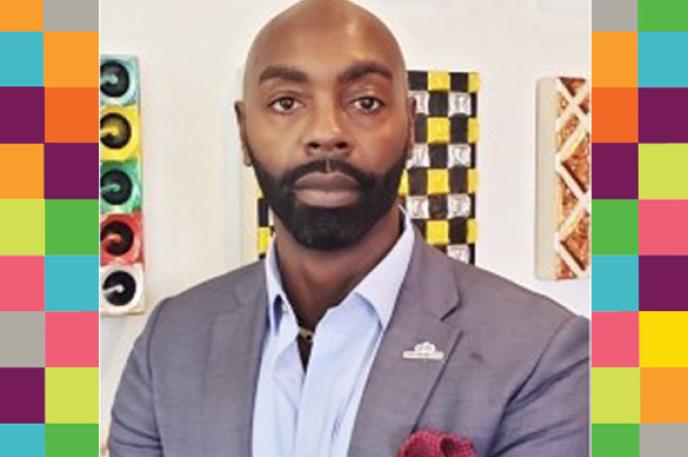Did you know that you can continue to stay connected to the Library while staying home? How would you like to participate in a virtual storytime with your family or receive resume help all from the comfort of your couch? Join Charlotte Mecklenburg Library every week for a wide range of virtual programming for children, teens and adults. See a complete listing of this upcoming programming for the week of 7/20/2020 below. Click the corresponding links for more information and register for programs where applicable.
Learn more about online programming by clicking here
Monday 7/20
Virtual Reading Buddies – 9 a.m. (Children's programming) register
Family Storytime – 9:30 a.m. (Children's programming) Learn more
Online Listen and Move Storytime – 10:30 a.m. (Children's programming) learn more
Virtual Reading Buddies – 10 a.m. (Children's programming) register
Virtual Reading Buddies – 11 a.m. (Children's programming) register
One-on-One Tutoring and Enrichment – 11 a.m. (Children’s programming) register
Mindful Mondays – 12 p.m. (Adult programming) register
Virtual Reading Buddies – 1 p.m. (Children's programming) register
Virtual Reading Buddies – 2 p.m. (Children's programming) register
Book a Librarian – Technology – 2 p.m. (Adult programming) register
One-on-One Tutoring and Enrichment - 2:30 p.m. (Children's programming) register
Virtual Reading Buddies – 3 p.m. (Children's programming) register
Traditional Storytelling – 3 p.m. (Children’s programming) learn more
Tuesday 7/21
Virtual Reading Buddies – 9 a.m. (Children's programming) register
Family Storytime – 9:30 a.m. (Children's programming) Learn more
Virtual Reading Buddies – 10 a.m. (Children's programming) register
Cuentos Virtuales en Español - 10:30 a.m. (Children's programming) learn more
Book a Librarian - Business Research – 11 a.m. (Adult programming) register
Virtual Reading Buddies – 11 a.m. (Children's programming) register
One-on-One Tutoring and Enrichment - 11 a.m. (Children's programming) register
Career Development Intensive Coaching – 12 p.m. (Adult programming) register
Career Development Intensive Coaching – 12:30 p.m. (Adult programming) register
Creating Virtual Resumes with the Job Help Center – 1 p.m. (Adult programming) register
Virtual Reading Buddies – 1 p.m. (Children's programming) register
Road to Medicare – 1 p.m. (Adult programming) register
Virtual Reading Buddies – 2 p.m. (Children's programming) register
Book a Librarian - Technology – 2 p.m. register
Active Reading Training for Caregivers of 2-5 Year Olds – 2 p.m. (Children's programming) register
Story Explorers Enrichment – 2 p.m. (Children's programming) learn more
One-on-One Tutoring and Enrichment - 2:30 p.m. (Children's programming) register
Traditional Storytelling – 3 p.m. (Children’s programming) learn more
Virtual Reading Buddies – 3 p.m. (Children's programming) register
Wednesday 7/22
Virtual Reading Buddies – 9 a.m. (Children's programming) register
Family Storytime – 9:30 a.m. (Children's programming) Learn more
Bridging the Social Distance: A Community Conversation – 10 a.m. (Adult programming) register
Virtual Reading Buddies – 10 a.m. (Children's programming) register
Effective LinkedIn Strategies – 10 a.m. (Adult programming) register
Online Listen and Move Storytime – 10:30 a.m. (Children's programming) learn more
Virtual Reading Buddies – 11 a.m. (Children's programming) register
One-on-One Tutoring and Enrichment – 11 a.m. (Children's programming) register
Virtual Reading Buddies – 1 p.m. (Children's programming) register
Virtual Reading Buddies – 2 p.m. (Children's programming) register
Book a Librarian - Technology – 2 p.m. register
One-on-One Tutoring and Enrichment – 2:30 p.m. (Children's programming) register
Virtual Reading Buddies – 3 p.m. (Children's programming) register
Engage 2020: 21-Day Racial Equity and Social Justice Challenge – 6 p.m. (Adult programming) register
Teens LIVE: Summer Break Felt Pens – 6 p.m (Teen programming) learn more
Thursday 7/23
Virtual Reading Buddies – 9 a.m. (Children's programming) register
Family Storytime – 9:30 a.m. (Children's programming) Learn more
Virtual Reading Buddies – 10 a.m. (Children's programming) register
Cuentos Virtuales en Español - 10:30 a.m. (Children's programming) learn more
Book a Librarian - Business Research – 11 a.m. (Adult programming) register
Virtual Reading Buddies – 11 a.m. (Children's programming) register
One-on-One Tutoring and Enrichment - 11 a.m. (Children's programming) register
Career Development Intensive Coaching – 12 p.m. (Adult programming) register
Career Development Intensive Coaching – 12:30 p.m. (Adult programming) register
Creating Virtual Resumes with the Job Help Center – 1 p.m. (Adult programming) register
Virtual Reading Buddies – 1 p.m. (Children's programming) register
Virtual Reading Buddies – 2 p.m. (Children's programming) register
Book a Librarian - Technology – 2 p.m. register
One-on-One Tutoring and Enrichment – 2:30 p.m. (Children's programming) register
Virtual Reading Buddies – 3 p.m. (Children's programming) register
Book Talk: Children's – 3 p.m. (Children's programming) learn more
Elevator Pitch – 4 p.m. (Adult programming) register
Teens LIVE on Instagram: Paint with Sharpies – 6 p.m. (Teen programming) learn more
Friday 7/24
Virtual Reading Buddies – 9 a.m. (Children's programming) register
Family Storytime – 9:30 a.m. (Children's programming) Learn more
Virtual Reading Buddies – 10 a.m. (Children's programming) register
Move to Write: Write to Move Creativity Workshop – 10 a.m. (Adult programming) register
Baby Storytime – 10:30 a.m. (Children's programming) learn more
Virtual Reading Buddies – 11 a.m. (Children's programming) register
One-on-One Tutoring and Enrichment – 11 a.m. (Children's programming) register
Virtual Reading Buddies – 1 p.m. (Children's programming) register
Virtual Reading Buddies – 2 p.m. (Children's programming) register
Book a Librarian - Technology – 2 p.m. register
One-on-One Tutoring and Enrichment – 2:30 p.m. (Children's programming) register
Virtual Reading Buddies – 3 p.m. (Children's programming) register
Saturday 7/25
Family Storytime – 9:30 a.m. (Children's programming) Learn more
Learning Circle: The Science of Well-Being – 9:30 a.m. (Adult programming) register
Virtual Reading Buddies – 10 a.m. (Children's programming) register
Virtual Reading Buddies – 11 a.m. (Children's programming) register
Sex, Drugs, and Rock & Roll: Writing Gripping Scenes – 1 p.m. (Adult programming) register
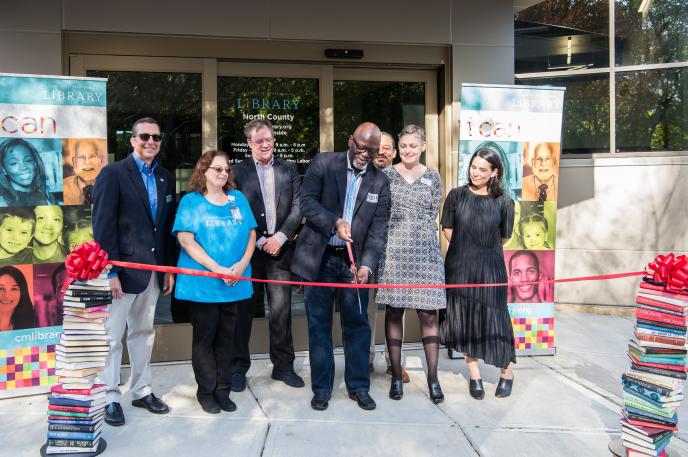
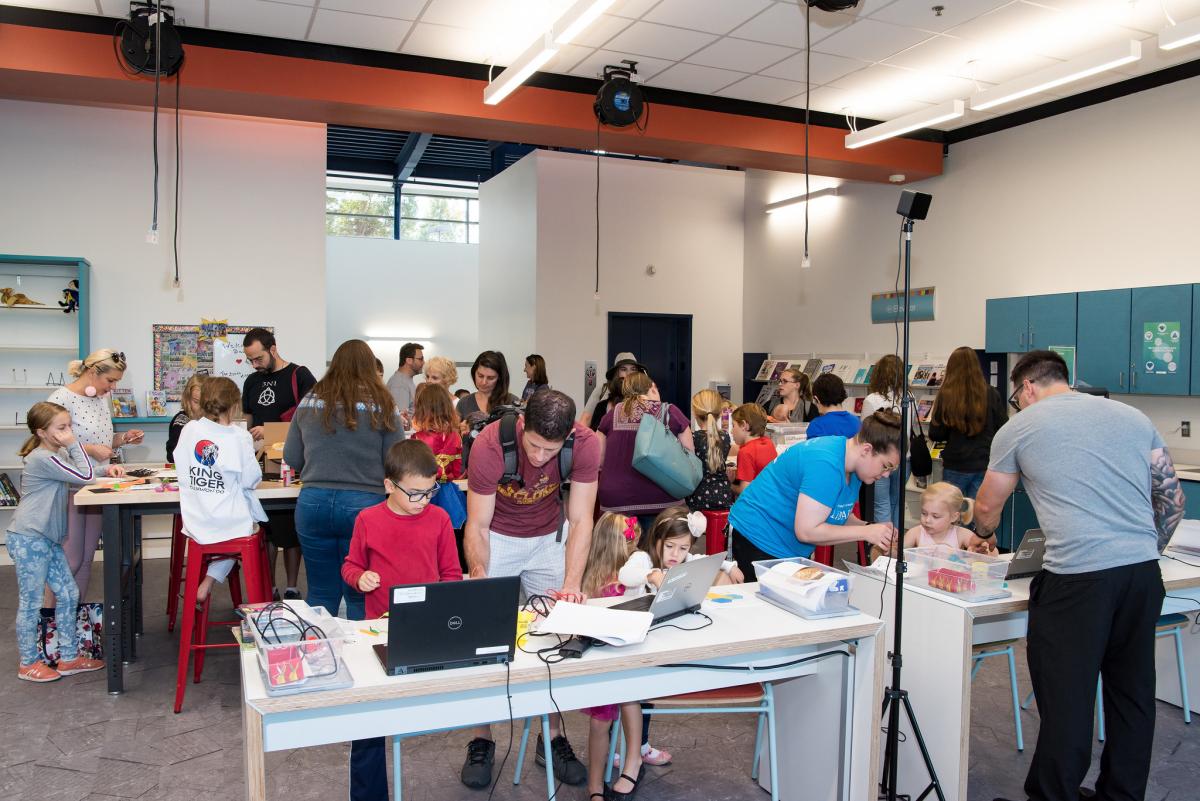
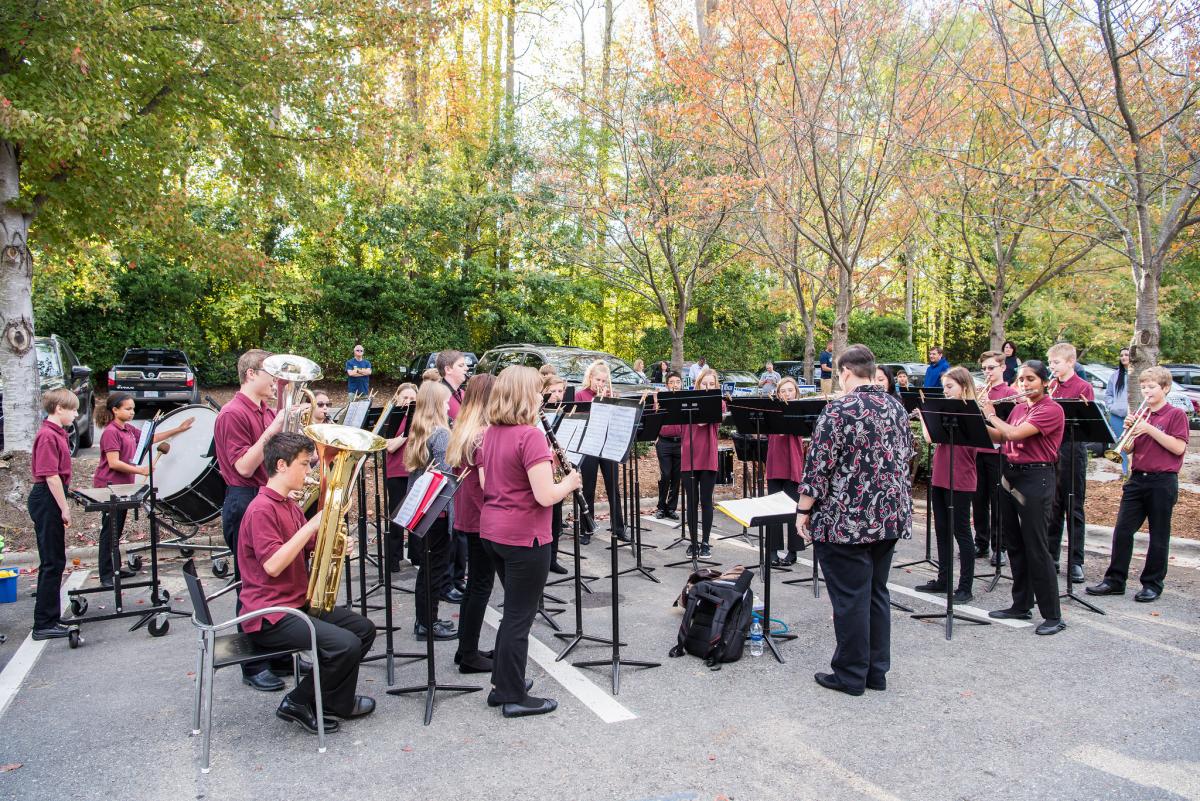
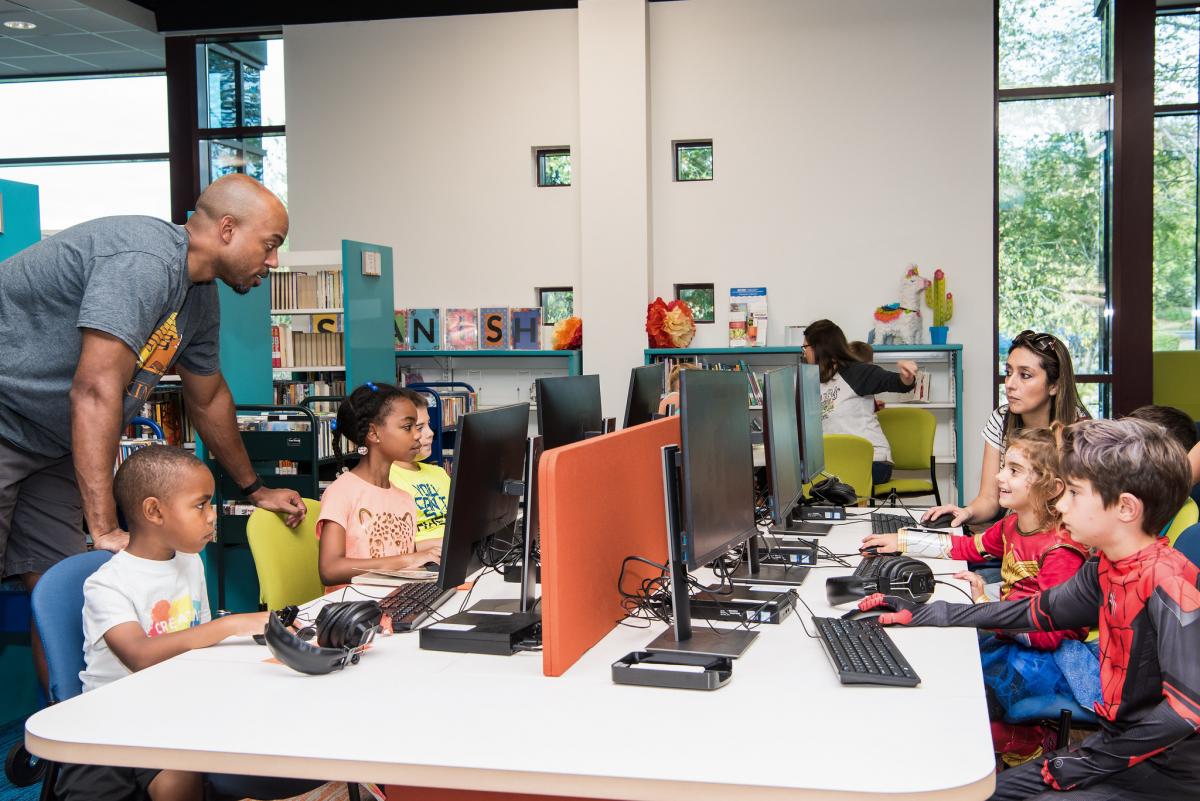
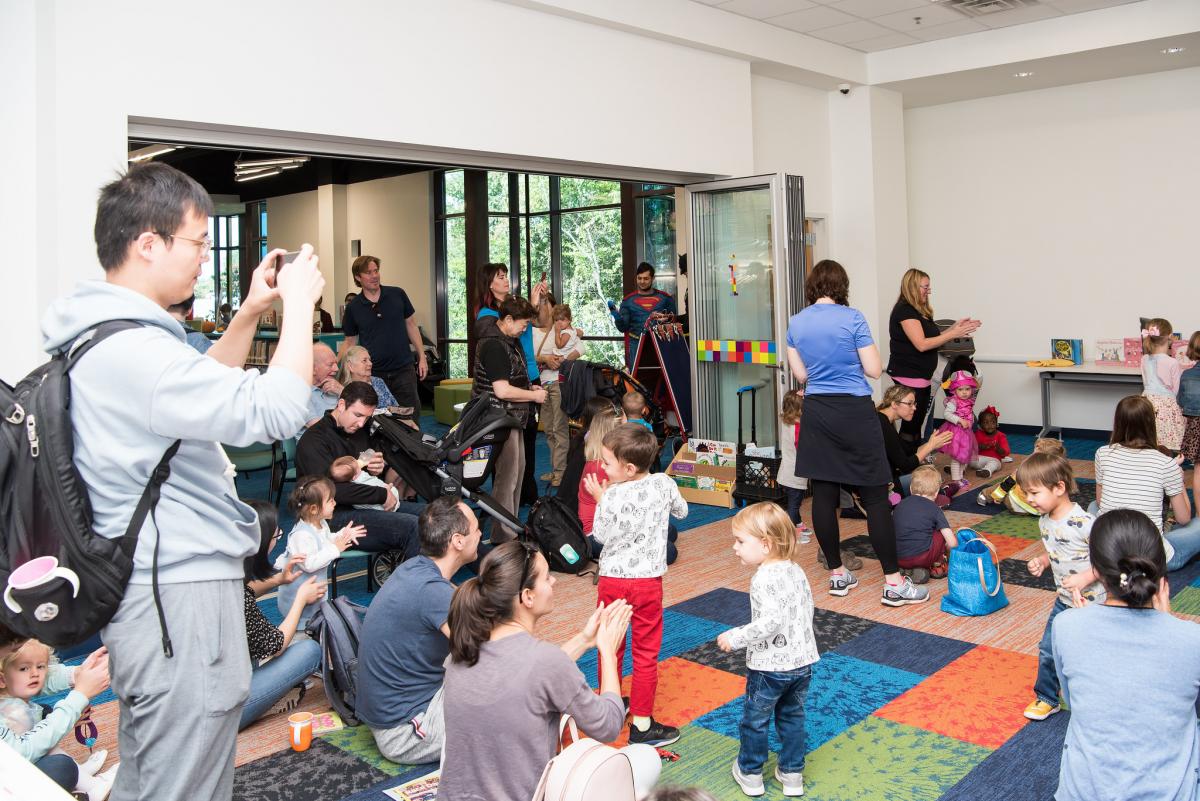
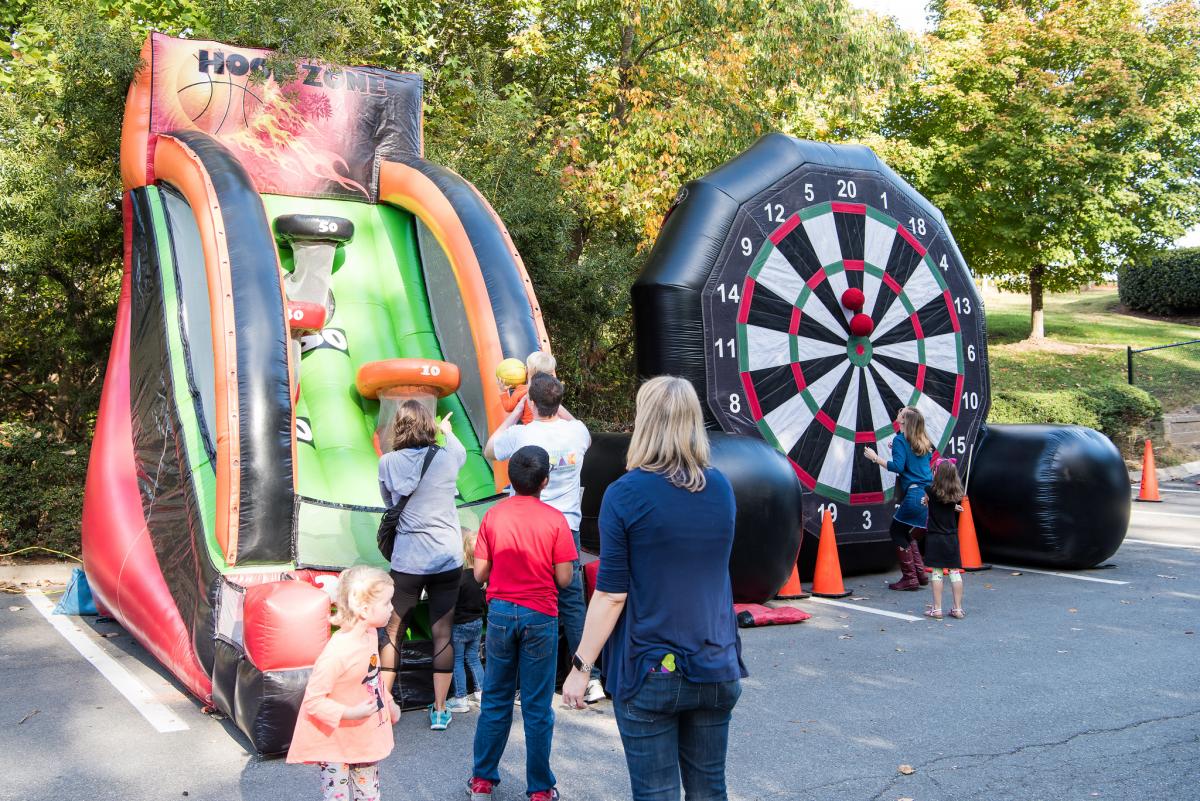

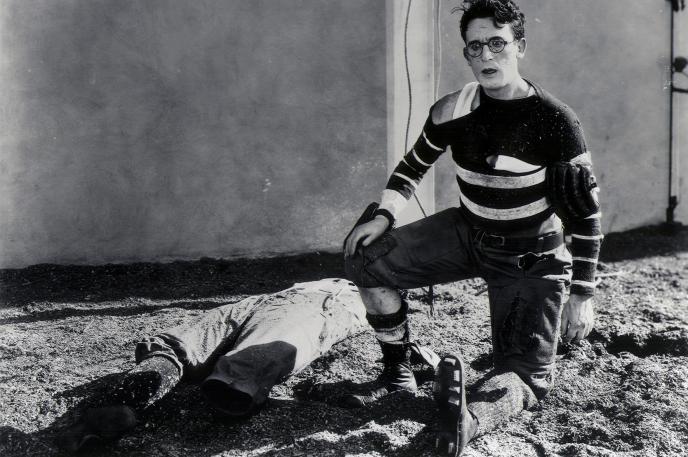
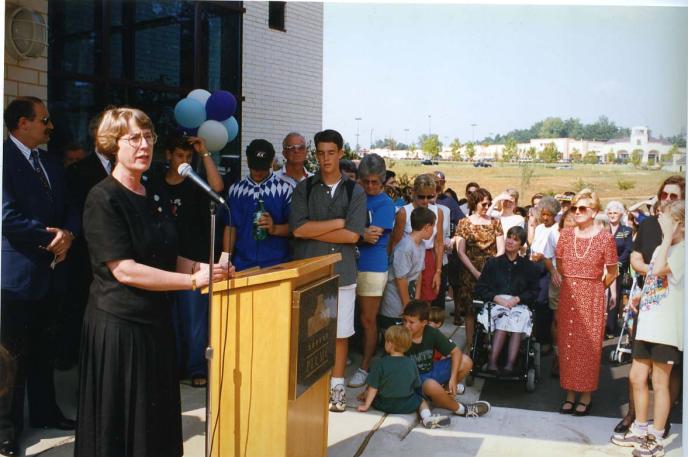
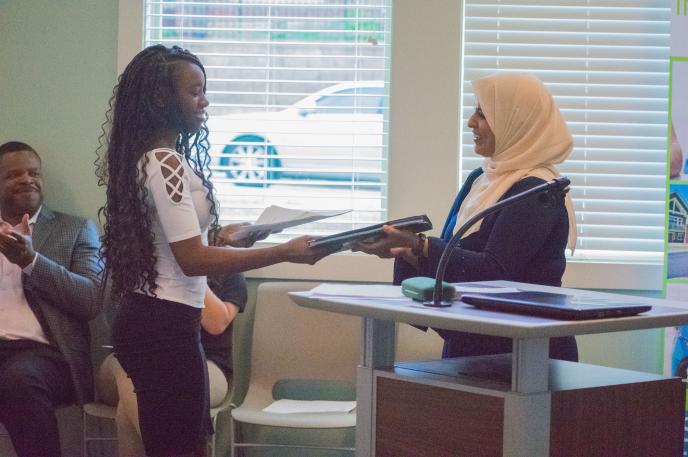
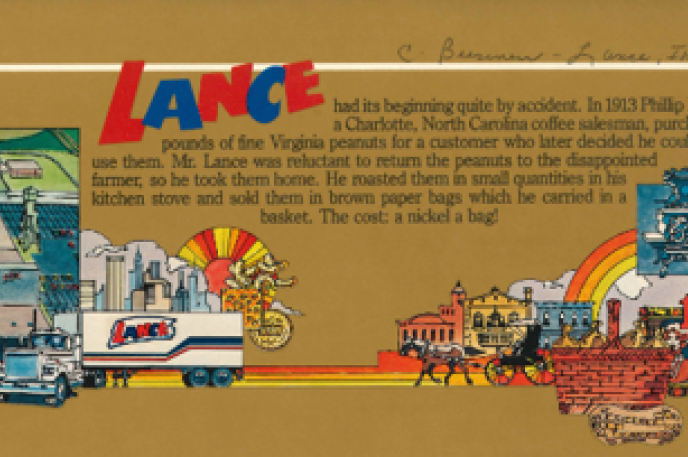
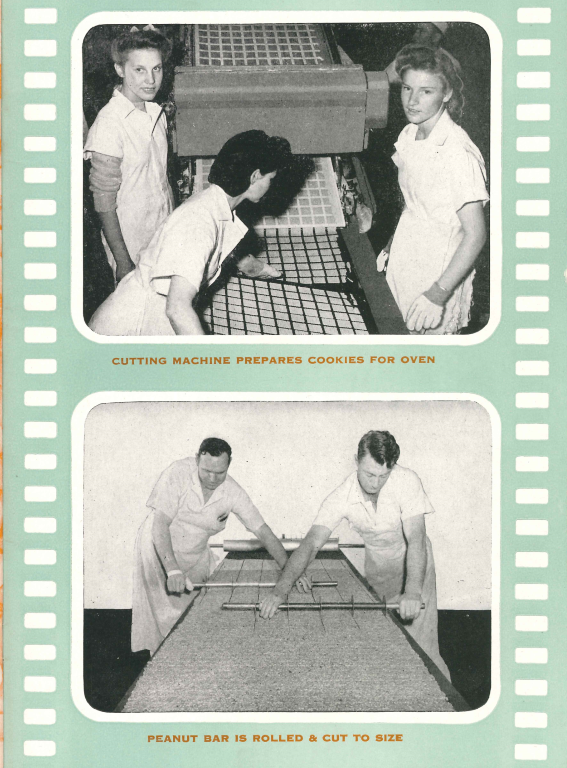 anut-roasting operation outgrew his home, so the flourishing business moved to College Street. This new location allowed enough space for a mechanical roaster, which eventually led to the production of peanut butter. His customers trusted his roasted peanuts but were a bit skeptical about the peanut butter at first. To demonstrate its quality, Lance spread the peanut butter onto a cracker as a free sample before each purchase. Thus, the famous peanut butter sandwich was born.
anut-roasting operation outgrew his home, so the flourishing business moved to College Street. This new location allowed enough space for a mechanical roaster, which eventually led to the production of peanut butter. His customers trusted his roasted peanuts but were a bit skeptical about the peanut butter at first. To demonstrate its quality, Lance spread the peanut butter onto a cracker as a free sample before each purchase. Thus, the famous peanut butter sandwich was born. 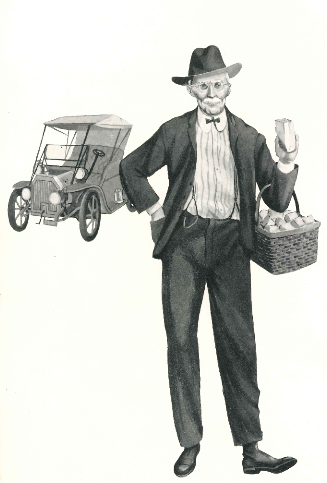
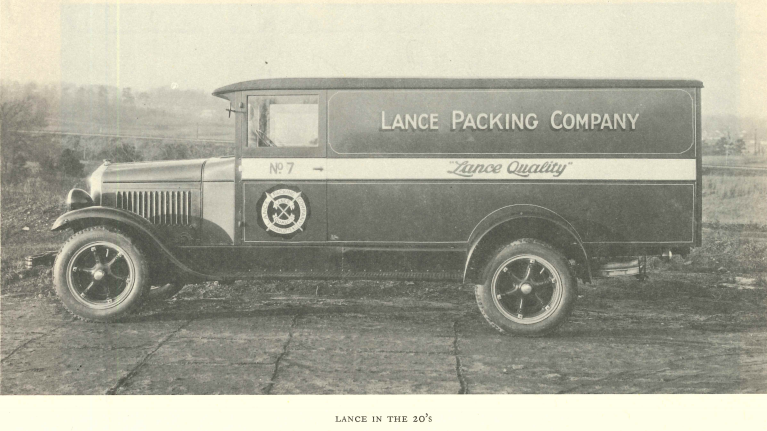 In 1926, Mr. Lance tragically died in an automobile accident in Orangeburg, South Carolina. Newspaper reports state that he “swerved his machine in effort to avoid hitting wagon while touring territory served by his company in the lower part of South Carolina.”
In 1926, Mr. Lance tragically died in an automobile accident in Orangeburg, South Carolina. Newspaper reports state that he “swerved his machine in effort to avoid hitting wagon while touring territory served by his company in the lower part of South Carolina.” 